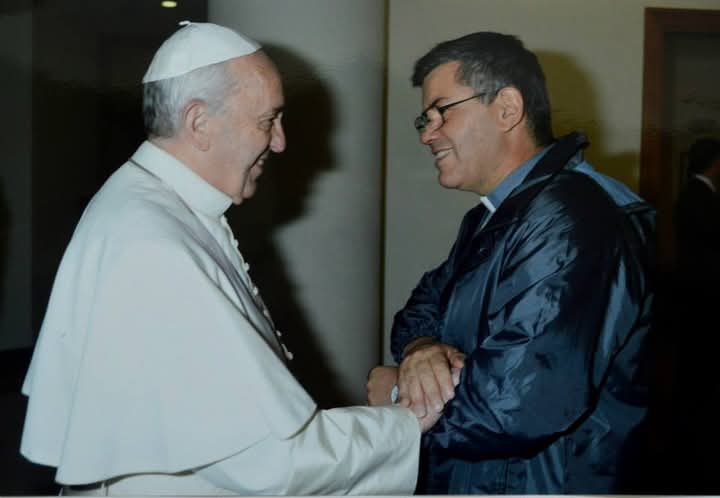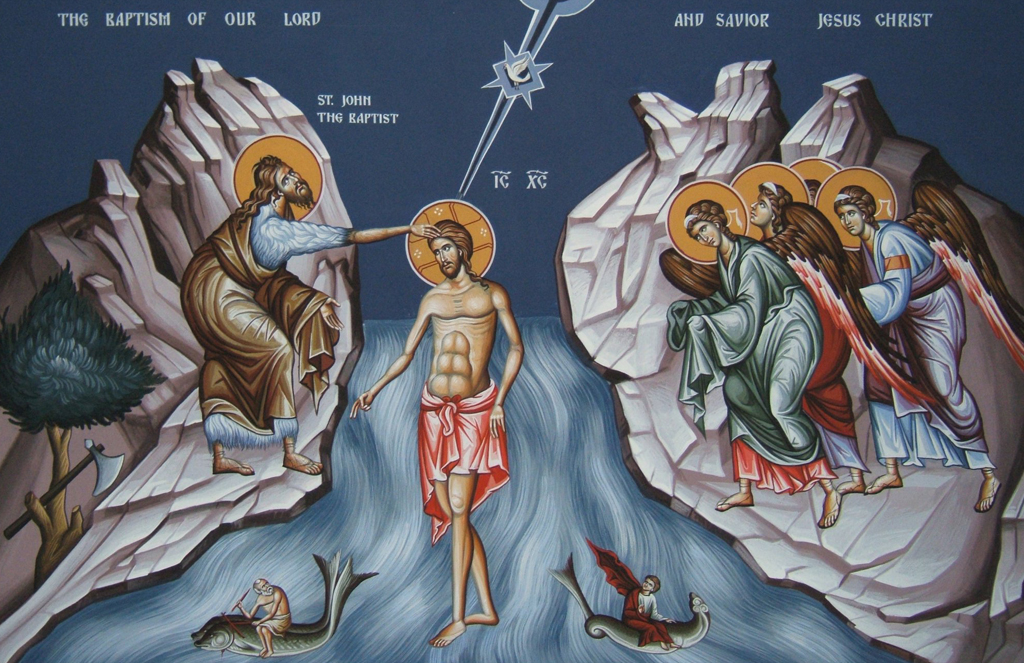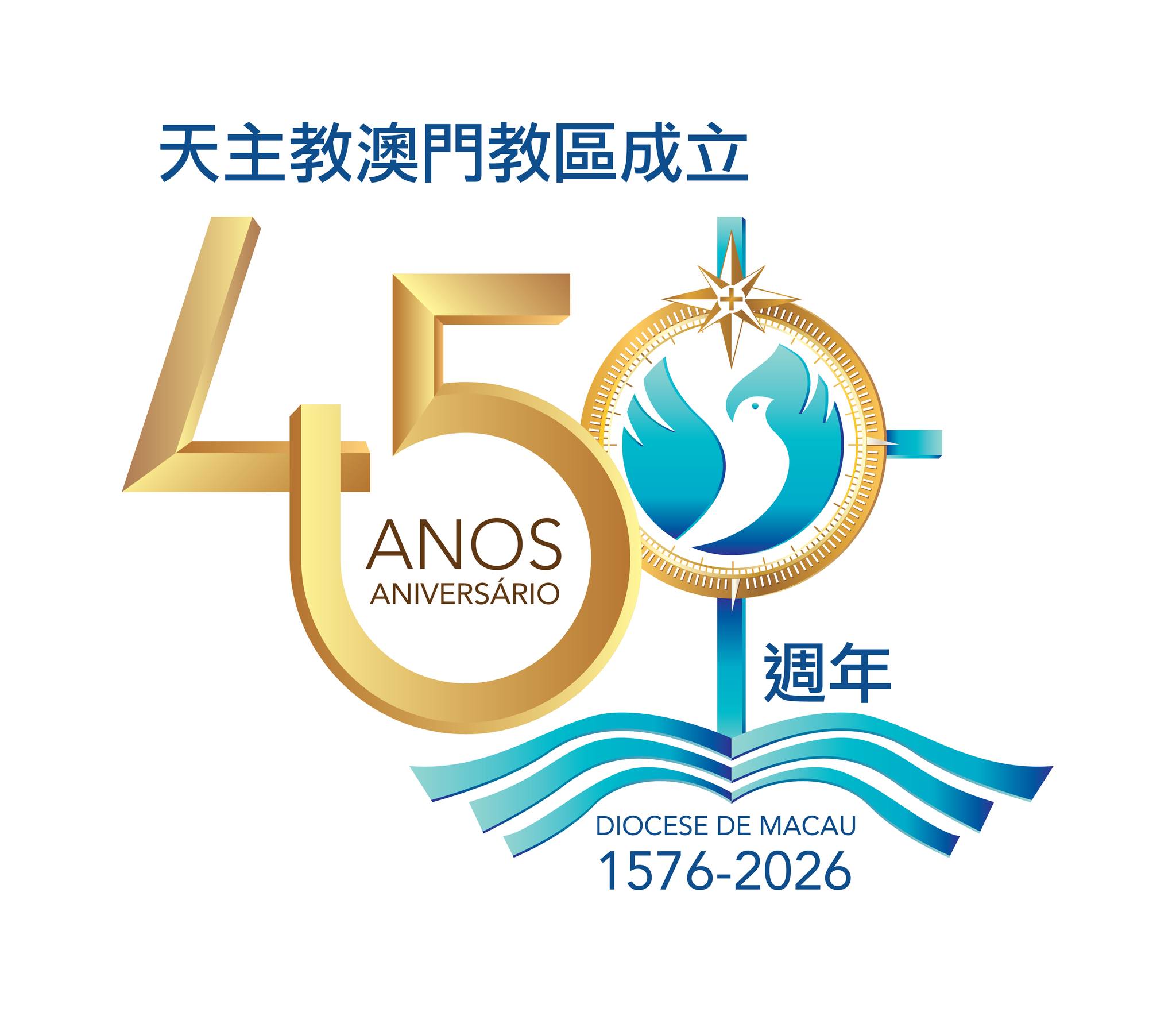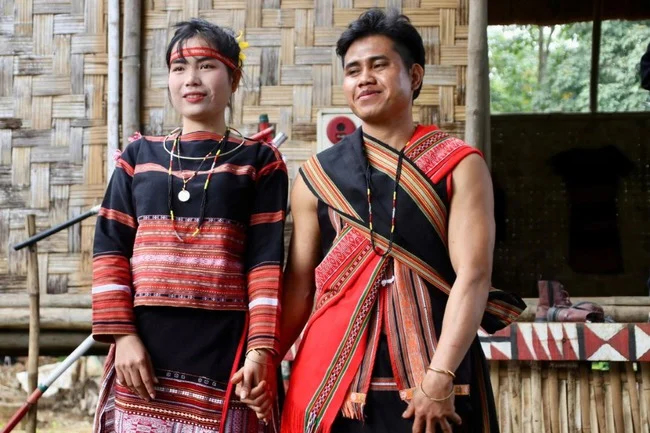Fr. Eduardo Emilio Aguero, SCJ
I first encountered Father Jorge Bergoglio during my novitiate in 1981, in San Miguel, Buenos Aires Province in Argentina. Our Dehonian novitiate was located near the Colegio Máximo, where young Jesuits on formation, studied theology. At that time, Father Bergoglio was the rector of the institution. He had previously served as the novice master from 1972 to 1973, and after six years as provincial superior, he returned as formator of young Jesuits. Father Jorge Bergoglio helped young men grow in Ignatian spirituality as a mentor, guiding them in discerning God’s will, fostering solidarity with the poor, embracing simplicity, the life of poverty and obedience to God’s will.
The second time I met him was when I returned to Argentina from the Philippines, at the end my tenure in 2007 as one the formators our Dehonian seminarians in the Philippines. At that time, Cardinal Bergoglio was the Archbishop of Buenos Aires and thus my archbishop. Our formation house was situated in the city, on the very street where he had grown up, about fifteen blocks to the west in his beloved barrio Flores. During that period, we would meet at Chrism Masses, archdiocesan gatherings, and other archdiocesan liturgical celebrations.
When the Bishop of Jujuy, Monsignor Marcelo Pallentini, came to stay at our house for chemotherapy treatment, I was surprised one day to find Cardinal Bergoglio in our kitchen. I was preparing my “mate” (the national drink of Argentina made from the leaves of a shrub native to eastern Argentina) when he entered to greet me. As always, he had arrived unannounced, travelling by public transport. His humility and warm smile captivated me that day. We were alone, and we exchanged some few words. I can no longer recall our conversation, as the unexpected nature of the encounter made everything else slip from my memory. Despite his many responsibilities in a turbulent and politically polarized Argentina, he made time to visit our Dehonian Bishop Marcelo.
The third time I met him was in 2013. That year, I received my missionary assignment to Macau—the same year he was elected Pope. I departed Argentina via Rome, where I encountered the new Pope at the chapel of Santa Marta in late October 2013. It was a brief but profoundly warm reunion. I told him I was embarking on a mission to Asia, and he gave me his blessing.
I must say, in all sincerity, that Father Jorge Bergoglio remained unchanged in his simplicity, spontaneity, and genuineness—as archbishop, as cardinal, and as pontiff. I think of his humor, his humility, and his deep, unwavering attentiveness to those before him. More than anything, he made people feel seen, prayed for and loved. His heart always beat in unison with that of the poorest, the displaced, the excluded, and the abandoned. He suffered alongside the innocent victims of wars in Syria, Somalia, Ukraine, Gaza, Lebanon, and the Holy Land…Pope Francis’s spiritual maturity has led him to embrace Muslims, Orthodox patriarchs, and Jewish rabbis with astonishing familiarity. He has never been one to feign emotion—he is genuine, an authentic builder of bridges, an apostle of solidarity and fraternity.
His latest encyclical, “Dilexit Nos”, on the generous love of the Heart of Jesus, reveals the source of his pastoral zeal and his unwavering love for the Church and the little ones:
“Whenever we feel that everyone ignores us, that no one cares what becomes of us, that we are of no importance to anyone, He remains concerned for us.” (DN 40)
In the years that unfold, I saw him change. The Father Jorge Bergoglio I first met — walking with ease, energetic in his travels to Pope Francis I encountered — moving with difficulty and speaking softly. But even in his final years, he would make the effort to greet people with joy, hope and love, no matter how tired or frail he was.
Thank you, Pope Francis, for sharing with us the Joy of the Gospel and igniting us to be a Church that goes forth!
(Fr. Eduardo Emilio Aguero, SCJ, an Argentinian, is the director of O Clarim. He belongs to the congregation of Dohenian Fathers or Priests of the Sacred Heart (SCJ’s) a religious community of brothers and priests. They were founded in France by Fr. Leo John Dehon, who was moved by the injustices of poverty and social neglect. They work toward building God’s kingdom of justice and love on four continents. They serve in various ministries, such as education, environmentalism, and advocacy)


 Follow
Follow


